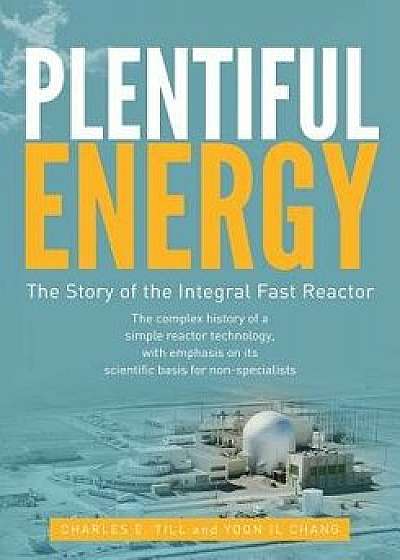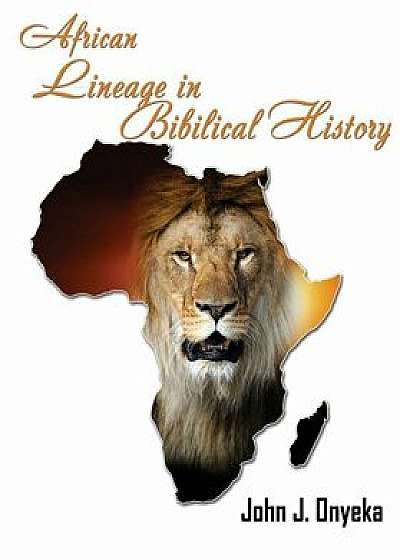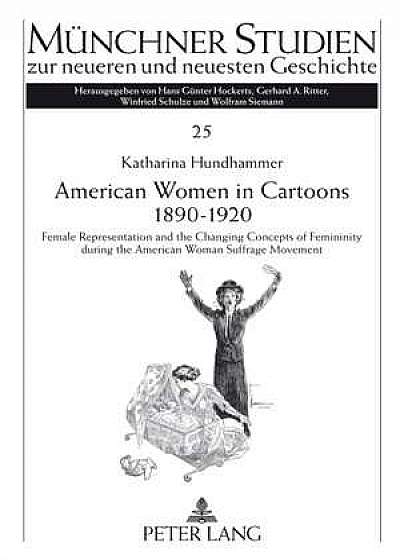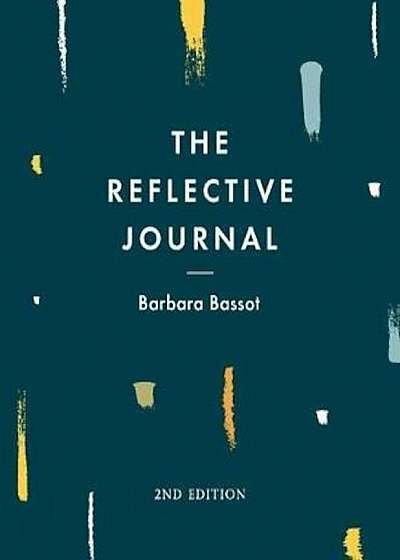
Plentiful Energy: The Story of the Integral Fast Reactor: The Complex History of a Simple Reactor Technology, with Emphasis on Its Scien, Paperback/Yoon Il Chang
Descriere
The Integral Fast Reactor (IFR) is a fast reactor system developed at Argonne National Laboratory in the decade 1984 to 1994. The IFR project developed the technology for a complete system; the reactor, the entire fuel cycle and the waste management technologies were all included in the development program. The reactor concept had important features and characteristics that were completely new and fuel cycle and waste management technologies that were entirely new developments. The reactor is aAbout the Author: Dr. CHARLES E. TILL received his Ph. D. in nuclear engineering from the Imperial College, University of London, in 1960. Early in his career he worked on a variety of reactor concepts, including the U. K. gas-cooled reactor, the Canadian heavy water reactor and the U. S. light water reactor upon joining Argonne National Laboratory in 1963. There, after a year or two, Dr. Till became been deeply involved in the development of the fast breeder reactor. From 1980 onward, as Associate Laboratory Director for Engineering Research, Till led the large Argonne reactor development program for seventeen of its most innovative and productive years. He created the Integral Fast Reactor concept and spearheaded the development of its underlying technologies. An advanced reactor technology with revolutionary improvements in safety, nuclear waste disposal, and resource usage, this was a major effort involving a thousand to two thousand engineers and supporting staff and carried out over the ten year period from 1984 to 1994 at Argonne's two sites, its main laboratory in Illinois, and its big reactor facilities on the desert in Idaho. A Fellow of American Nuclear Society and recipient of its Walker Cisler Medal for distinguished contributions to fast reactor development, he was elected to the National Academy of Engineering in 1989. Dr. YOON IL CHANG received his Ph. D. in nuclear science from the University of Michigan in 1971. After a short time at Nuclear Assurance Corporation





